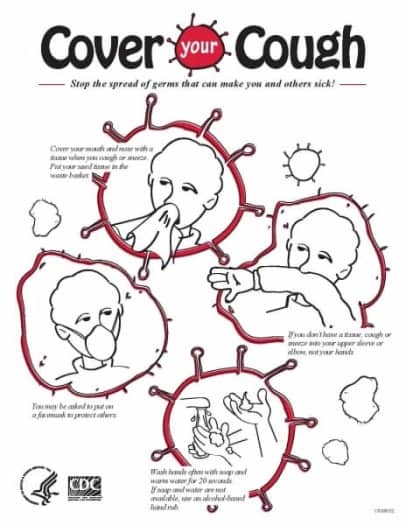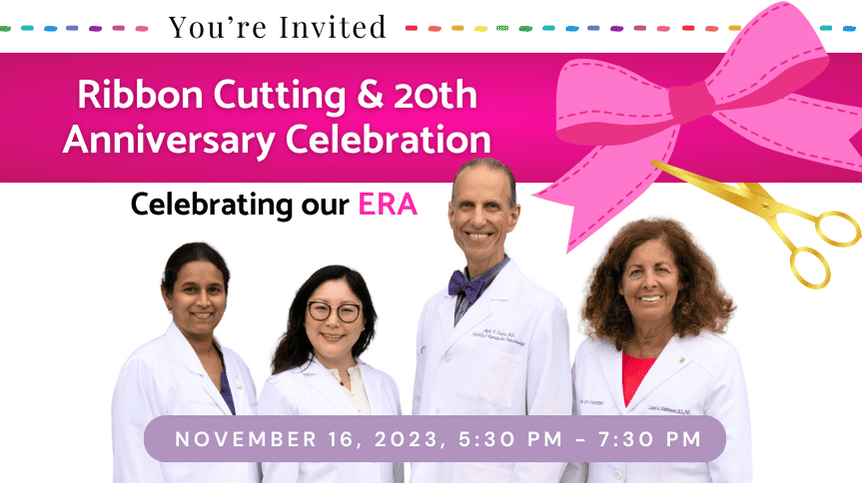Update 3/18/2020
The highly contagious novel coronavirus that has exploded into a global pandemic can remain viable and infectious in droplets in the air for hours and on surfaces up to days, according to a new study that should offer guidance to help people avoid contracting the respiratory illness called COVID-19.
Before Your Appointment
For the health and safety of our patients and staff, The IVF Center is monitoring COVID-19, the new coronavirus disease.
Our goal is to continue providing excellent care to our patients. If you meet any of the following conditions, please help us by contacting your local health department for instructions before coming in for your appointment.
- Fever greater than 100.4 F
- Cough OR shortness of breath
- Recent respiratory infection such as pneumonia OR flu
- Traveled internationally OR on a cruise ship within 14 days
- In contact with anyone in the last 14 days who has a confirmed case of COVID-19 OR is under investigation for the disease
We thank you for choosing The IVF Center for your healthcare needs and thank you for your assistance.

Update 3/15/2020
Dear Patients:
We understand this is a confusing time regarding the coronavirus. I want to personally assure you The IVF Center will do all we can to ensure your safety and minimize disruption of your care while we adhere to the CDC guidelines. All our team members are taking personal responsibility for self-screening prior to coming to work every day and we ask you all to do the same. Our team is ensuring appropriate cleaning of their work stations and common areas throughout the day and we have initiated a deep clean after hours.
To further reduce the risk of spreading this virus to others in our office, we are increasing the time between appointments to avoid an increase of patients in the office and comply with social distancing. Please take the following measures if you have concerning signs of COVID19, i.e. a respiratory illness, including fever, dry cough or shortness of breath:
- If you are in treatment cycle, please do not present to our office until you call and explain your symptoms with one of our team members.
- If you are in need of an office consultation as a new patient or established patient and are not in a treatment cycle, we will assist you in scheduling a HIPAA compliant secure video conference.
- If you have the above symptoms, you should stay home and obtain medical advice through your doctor.
Given the incubation time of the virus prior to symptoms, we advise you to remain in self-isolation for 14 days beyond the date of your return from a cruise or travel to at-risk hot spots, defined as Level 2 & 3 countries by the CDC.
 From the CDC, the following are ways to protect yourself from contracting the virus:
From the CDC, the following are ways to protect yourself from contracting the virus:
- Clean your hands often
- Wash your hands often with soap and water for at least 20 seconds especially after you have been in a public place, or after blowing your nose, coughing, or sneezing.
- If soap and water are not readily available, use a hand sanitizer that contains at least 60% alcohol. Cover all surfaces of your hands and rub them together until they feel dry.
- Avoid touching your eyes, nose, and mouth with unwashed hands.
- Avoid close contact
- Avoid close contact with people who are sick
- Put distance between yourself and other people if COVID-19 is spreading in your community. This is especially important for people who are at higher risk of getting very sick.
For information on the effects of coronavirus in pregnancy click here.
We will continue to monitor the coronavirus pandemic and ask all of us to take every precaution to focus on our health and potentially containing this highly contagious virus. We hope you understand the need for these policy measures and apologize for any inconvenience.
Thank you for your cooperation and please notify us with any questions.
Mark P. Trolice, M.D.
Update from the CDC
During a COVID-19 pandemic, patients should be careful to practice good hygiene:
- Minimize contact with those who are sick
- Avoid touching your eyes, nose and mouth
- Stay home when you are sick
- Cover your cough or sneeze with a tissue, then throw the tissue in the trash
- Clean and disinfect frequently touched objects and surfaces using a regular household cleaning spray or wipe
- If you suspect you may have COVID-19, call ahead before visiting your doctor
Those who suspect they may have been exposed to the virus should take care to minimize their contact with others if they experience a fever and symptoms of respiratory illness.
Read more advice from the CDC.
Update 3/12/2020
Per the American Society for Reproductive Medicine, out of an abundance of caution, patients who have high likelihood of having COVID-19 (fever and/or cough, shortness of breath, and either exposure within 6 feet of a confirmed COVID-19 patient and within 14 days of onset of symptoms, or a positive COVID-19 test result), including those planning to use oocyte donors, sperm donors, or gestational carriers, should strive to avoid a pregnancy. If these patients are undergoing active infertility treatment, we suggest that they consider freezing all oocytes or embryos and avoid an embryo transfer until they are disease-free.
Please note this recommendation does not necessarily apply when there solely is a suspicion of COVID-19, because symptoms of COVID-19 are very similar to other more common forms of respiratory illnesses.
Update 2/25/2020
 The Centers for Disease Control and Prevention (CDC) has released Interim Clinical Guidance for Management of Patients with Confirmed 2019 Novel Coronavirus (2019-nCoV) Infection and guidance for Evaluating and Reporting Persons Under Investigation (PUI).
The Centers for Disease Control and Prevention (CDC) has released Interim Clinical Guidance for Management of Patients with Confirmed 2019 Novel Coronavirus (2019-nCoV) Infection and guidance for Evaluating and Reporting Persons Under Investigation (PUI).
Travel
Due to the current risk of COVID-19, the CDC recommends that travelers avoid all nonessential travel to the People’s Republic of China (this does not include the Special Administrative Regions of Hong Kong and Macau, or the island of Taiwan).
Pregnant Women
At this time, very little is known about COVID-19, particularly related to its effect on pregnant women and infants, and there currently are no recommendations specific to pregnant women regarding the evaluation or management of COVID-19.
Source: The American College of Obstetricians and Gynecologists (ACOG)






